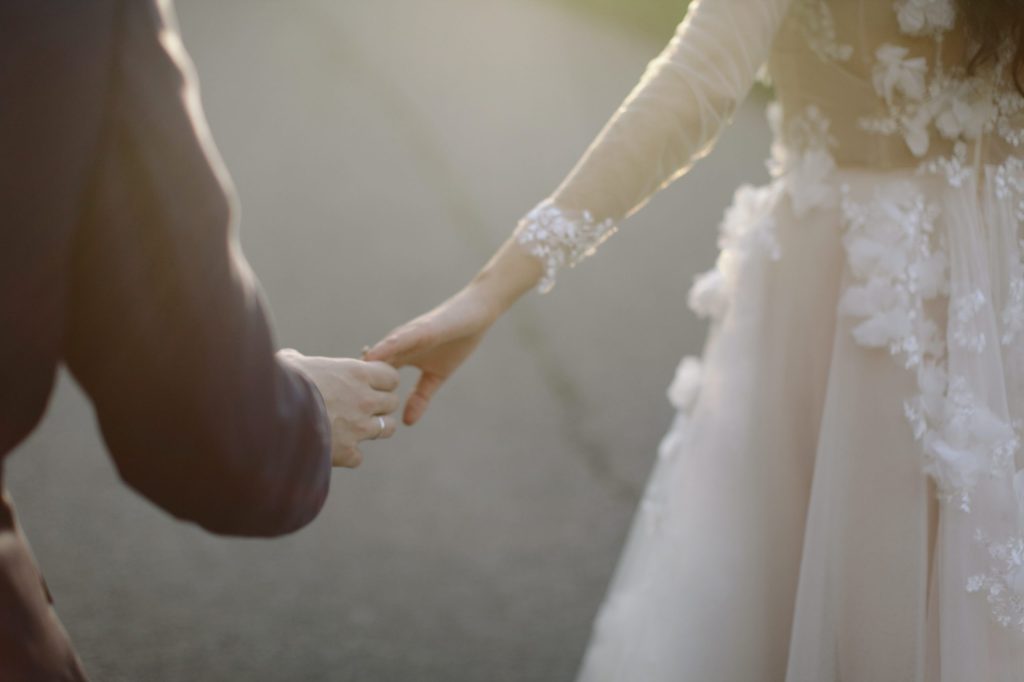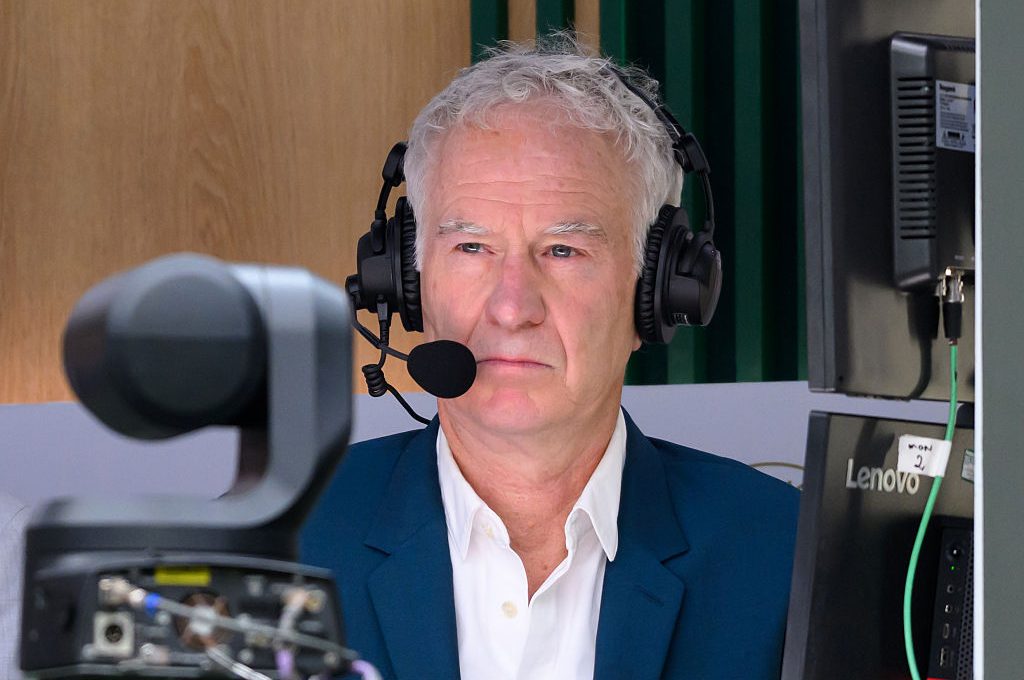“Why don’t more men take their wives’ last names?” asked the Washington Post in a recent piece about a Maine husband who took his wife’s name. And why is it less common for a woman to keep her existing last name, which accounted for only about 20 percent of marrying women in 2015?
Amazingly, even in our progressive era, women are still choosing to assume the names of their husbands.
It’s obvious what side WaPo comes down on. Their article quotes an author who labels women taking their husbands’ last names “bizarre and anachronistic.” It quotes the mother of another husband who took his wife’s name, praising her son’s decision for “subvert[ing] the dominant paradigm.”
That’s a curious phrase, especially given that marriage and the changing of names is an ancient custom found across a multiplicity of cultures. Until recently, the entire marriage ceremony was aimed at reinforcing, not subverting, traditions viewed as integral to the preservation of society: solemn vows before families and friends; the alliance of two families to bless the union of man and wife; the expression of hope for children.
Yet marriage in America is increasingly not about these things. Fewer than a quarter of marriages take place in churches now, down from almost half of marriages as recently as 2009. Couples prefer banquet halls, hotels, country clubs, wineries, rooftops, museums, and even stadiums — a coworker of mine was married at Wrigley Field. About half of couples now write their own wedding vows. Anyone can become your legal officiant through an online course. And the number of American homes in which a married couple has children has fallen to a record low. Relatedly, the country’s birth rate is at its lowest point in more than a century.
In other words, marriage is not about two people representing two families making a solemn vow before God “until death do us part.” It’s not about creating a union that hopes one day to welcome progeny. It’s about, well, us: our personalities, our preferences, our playlists, and our prayers, if we choose to offer any.
We have become mere participants in a romantic economy defined by contractual terms that ensure our ability to vacate as our needs (or wants) dictate. Thus, even after the bride (or groom) has been kissed, our preeminent priority is to retain our individuality and autonomy. The important thing is that on our big day — and all the days that follow — our ability to express our unique selves remains sacrosanct.
That so many women still jettison their last names — or perhaps move it to a middle name — is quite a cultural curiosity. “The decision to retain or forgo one’s name can still be influenced by economic, familial, social, romantic and religious factors – especially when children are involved,” noted CNN earlier this year.
Some of us, it seems, want to retain some connection to our ancestral past. The popularity of websites that research ancestry certainly suggest that. As of early 2022, more than two in ten Americans had taken an at-home ancestry test. People cite wanting to know more about their ancestral backgrounds, identify more relatives, and learn of potential heritable medical conditions as reasons for giving over their DNA to 23andMe and AncestryDNA. We are a people so disconnected from our past that we rely on technology and distant corporations to tell us who we are and where we came from.
Ancestry research and genetic testing seems a salve, albeit an imperfect one, to our rising crisis of loneliness. Another op-ed in the Washington Post observes that Americans are spending more time alone than at any time in our nation’s history. And that trend began before Covid. “Between 2014 and 2019, time spent with friends went down (and time spent alone went up) by more than it did during the pandemic,” writes author and economist Bryce Ward.
We are struggling to marry our individuality to a world in which we are ever more isolated. The (strangely) popular practice of a woman taking her husband’s name, I would argue, reflects that marriage is still by its nature seen as different from other contracts. It communicates that we are, in fact, not individual agents untethered from traditions and our own family history.
By changing her name, the wife, whether intentionally or not, communicates that she is participating in the perpetuation of a reality that connects one generation to another. From time immemorial, fathers have hoped to preserve their legacies through their children and grandchildren — from their wealth and possessions to physical and temperamental qualities. But all that has been manifested most simply in a name. “He comes from a long line of [fill in the last name].”
Of course, to most feminists, that’s the problem. That men resist taking their wives’ names is wrapped up in men’s “egos, ideas about masculinity, family traditions, all kinds of things that are influencing the ways men think about themselves and think about their names in particular,” Princeton historian Tera Hunter explains to WaPo. It represents the legacy of coverture, domestic laws originating in pre-colonial English legal custom, which viewed a married woman’s identity and existence as legally “covered” by her husband.
And yet, if the practice, like so much other dissipating residue of the patriarchy, goes by the wayside, we will be only further intensifying the atomizing tendencies of liberal, global postmodernity. We think jettisoning the final remnants of “chauvinist” power structures will push us ever closer to freedom, but what we are encountering on the other side is deeper loneliness and disconnection. Of course, if the sages of our therapeutic age are correct, we can just fashion our own purpose from the shards of that broken glass ceiling…right?

























